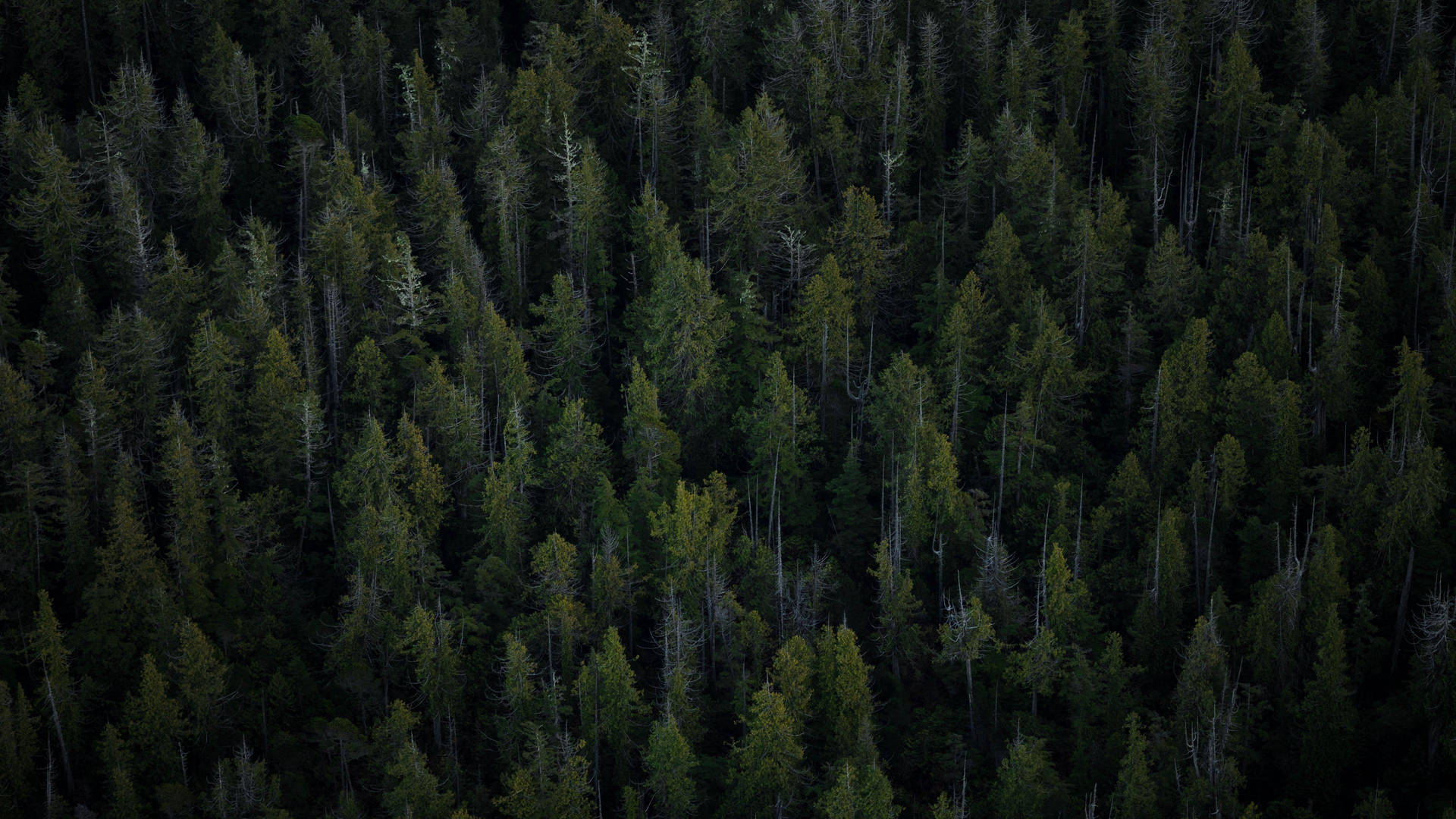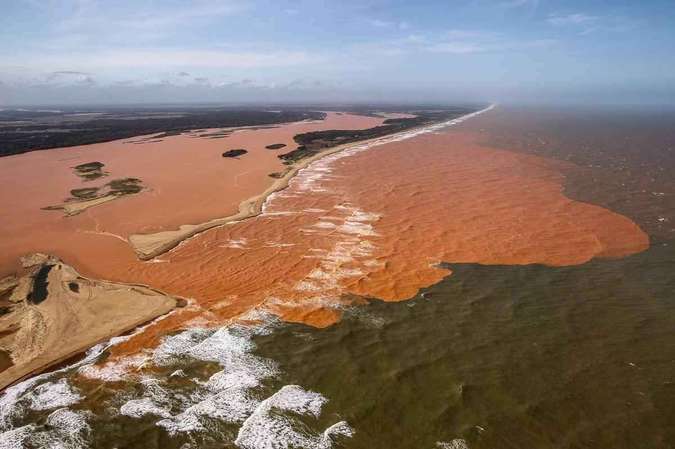
Protected Area Issues: Forest
Forest Ecosystems
Forests play a crucial role in regulating climate and supporting biodiversity, as well as sustaining communities. However, they are facing increasing pressure. The International Union for Conservation of Nature (IUCN) works with its members and partners to build thriving landscapes, advance the rights of forest communities, engage investors, and implement effective forest and land-use policies. They carry out projects globally, equipping decision-makers with information, designing policies, inspiring political commitments, developing tools and methodologies, strengthening partner capacity, unlocking financing, and creating spaces for cross-sector dialogues. Forests have the potential for restoration, with 500 million hectares showing potential for forest landscape restoration. Primary forests, including intact forest landscapes, are particularly important to preserve, as they sequester up to 70% more CO2 than degraded forests. Forests are vital for the livelihoods of 1.6 billion people, provide goods and services worth billions of dollars, and are home to 80% of the world's terrestrial biodiversity. The Bonn Challenge is a global effort to restore 150 million hectares of degraded and deforested land by 2020 and 350 million hectares by 2030. IUCN's forest work is crucial in increasing ambition on Nationally Determined Contributions (NDCs) through forest landscape restoration (FLR) and promoting the preservation of primary forests.
About Forest Ecosystems
- Equipping decision-makers with information and analysis
- Designing and advancing policies and initiatives at local, national and global levels
- nspiring political commitments to initiatives like the Bonn Challenge
- Developing tools and methodologies, such as the Restoration Opportunities Assessment Methodology (ROAM)
- Strengthening the capacity of our partners through learning exchanges and training courses
- Embedding community and individual needs and rights into resource management decision making
- Unlocking financing for sustainable forest landscapes
- Helping meet national sustainable development plans and international goals on climate change, biodiversity, and land degradation
- Creating spaces for cross-sector dialogues to link the public and private sectors and civil society For more information
The Goal is to carry out projects across the globe, achieving multiple objetives:
More About Forest
-

Increasing ambition on NDCs through FLR -

Not all Forests are real -

Forests and Climate Chnage -

Agriculture and soil biodiversity -

IUCN Restoration Barometer documents extensive ecosystem restoration across 18 countries -

Integrated approaches and Nature-based solutions for the restoration of degraded landscapes